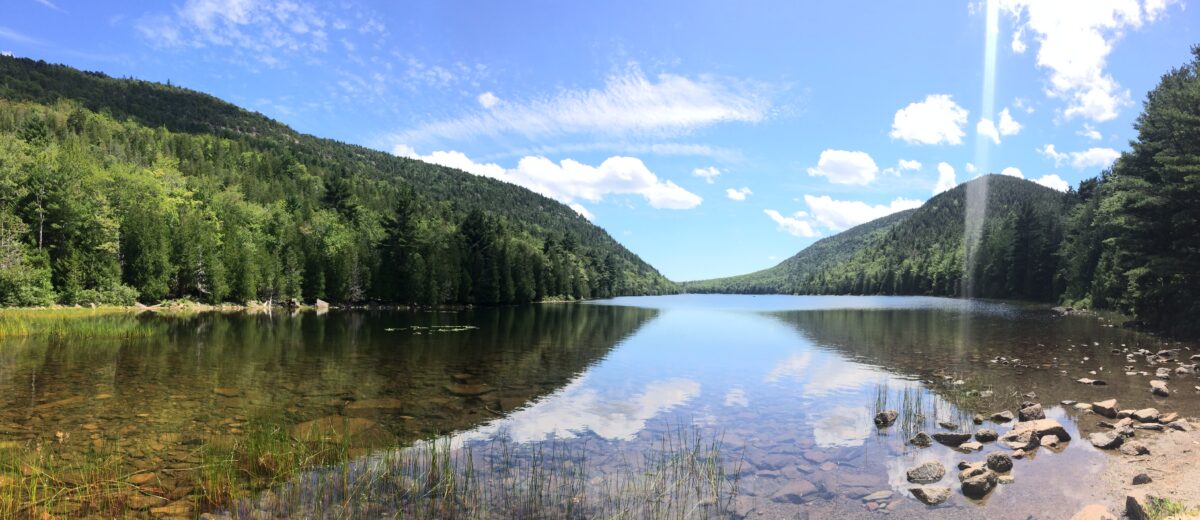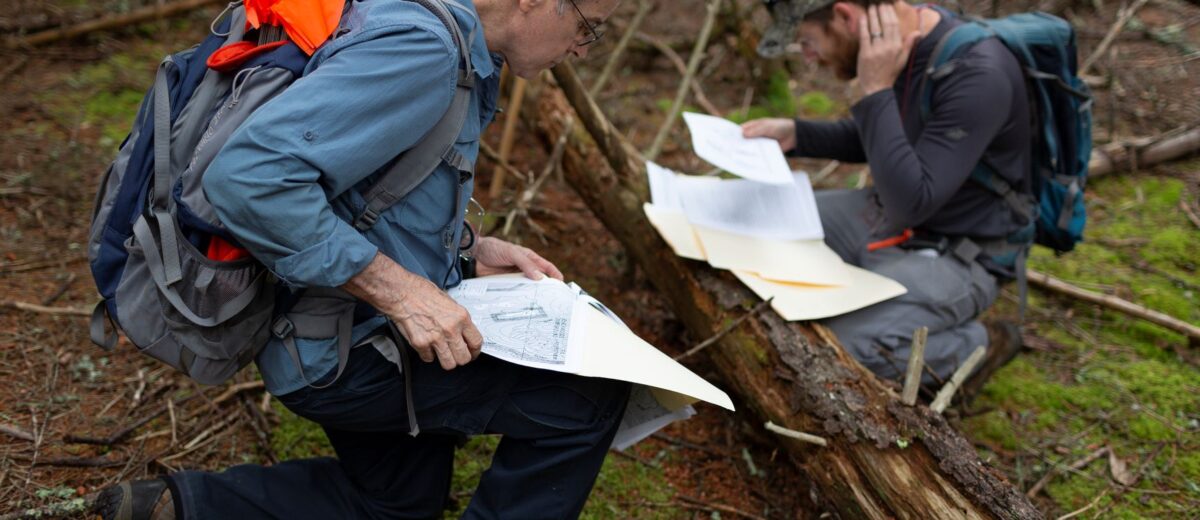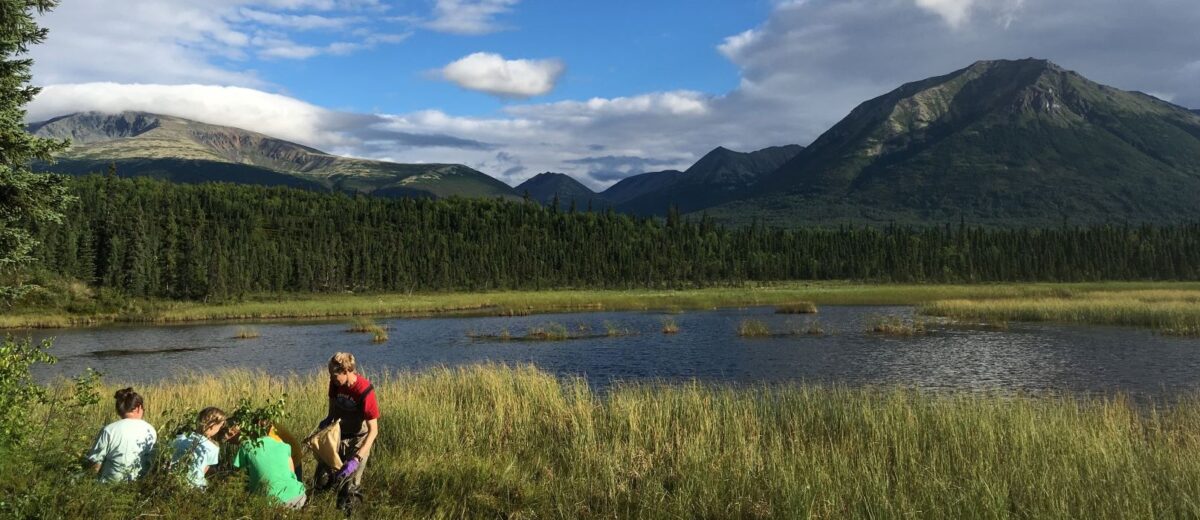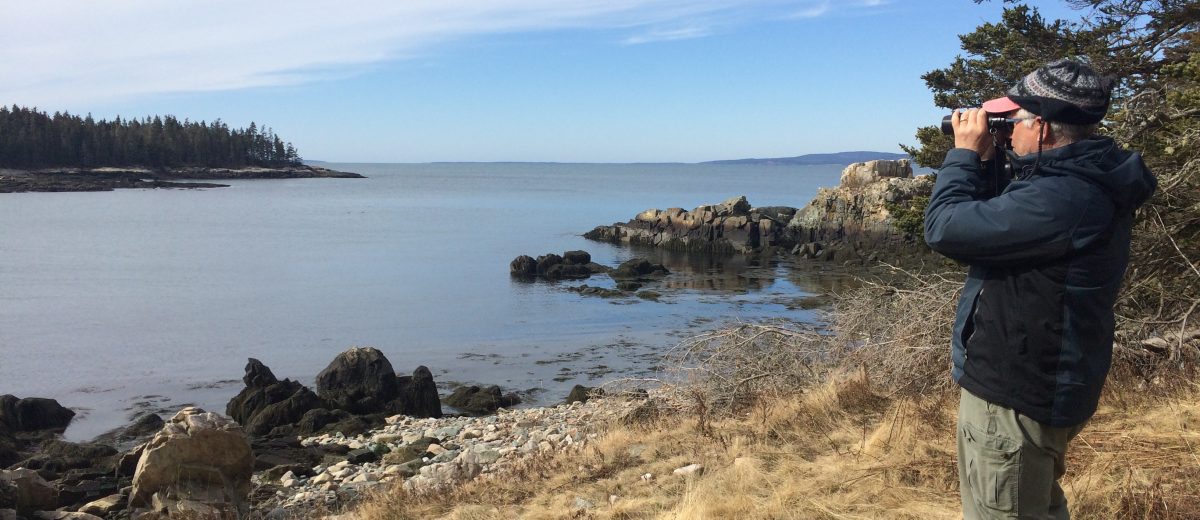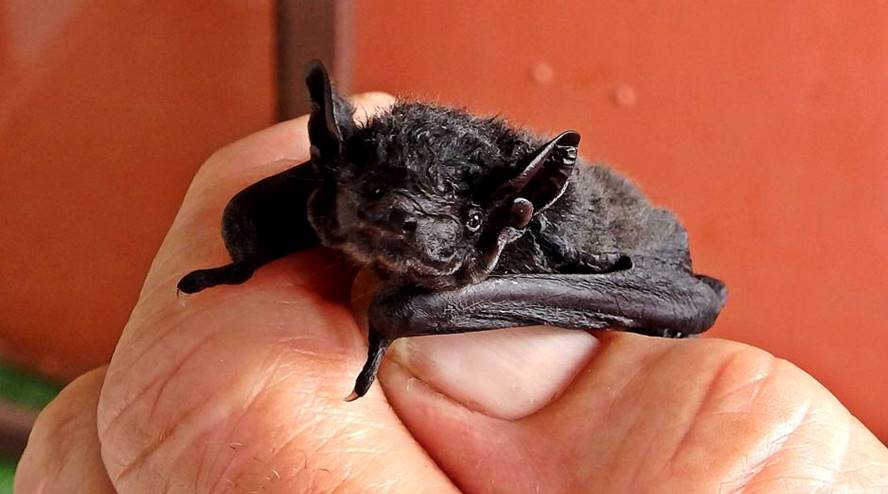Do you love Acadia National Park’s lakes, ponds, and streams? Share your thoughts in this survey from the University of Maine, part of Second Century Stewardship Fellow Kate Ruskin‘s study to characterize how visitors, students, local residents, natural resource managers, educators, and others perceive and value Acadia’s freshwater resources. Ruskin planned to interview people in […]
